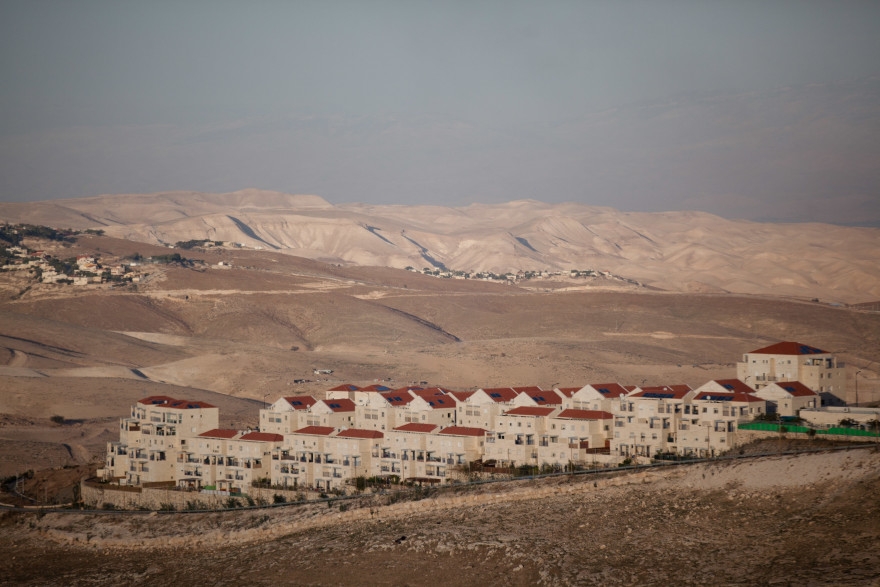
The city of Ariel, a Jewish settlement in the West Bank, is home to a new cultural center where several national theater troupes have performed. (Abir Sultan/Flash 90)
(JTA) — Israel’s culture minister is collecting information about which theaters, orchestras and dance troupes perform in Jewish settlements in the West Bank, with an eye toward reducing the funding of those who don’t.
Miri Regev of the Likud party said Wednesday that she circulated a questionnaire on the topic because she is proud to lead a “revolution” against boycotts, The Associated Press reported.
The questionnaire sent out Monday by a firm working on behalf of the Ministry of Culture and Sport is related to new funding criteria Regev announced in April, according to Haaretz.
Under the new criteria, the ministry will cut by 33 percent government funding for institutions that do not perform in West Bank settlements, the Negev or the Galilee. The new policy, which will be applied for this year’s funding decisions, also offers a 10-percent bonus in funding for institutions that perform in settlements.
“Minister Regev is leading a policy of incentivizing state-supported cultural institutions to perform in the periphery and Judea and Samaria, based on a view that culture is a basic right of all citizens,” her office said in a statement, using the biblical names for the West Bank.
Israel’s High Court of Justice is scheduled to hear a petition by the Cultural Institutions Forum asking it to delay implementation of the new criteria.
Choreographer Noa Dar, founder and director of a dance group bearing her name, told Haaretz that the policy “is essentially a demand to tie my political opinions and my conscience to ministry funding. This is an anti-democratic act.”

Help ensure Jewish news remains accessible to all. Your donation to the Jewish Telegraphic Agency powers the trusted journalism that has connected Jewish communities worldwide for more than 100 years. With your help, JTA can continue to deliver vital news and insights. Donate today.






